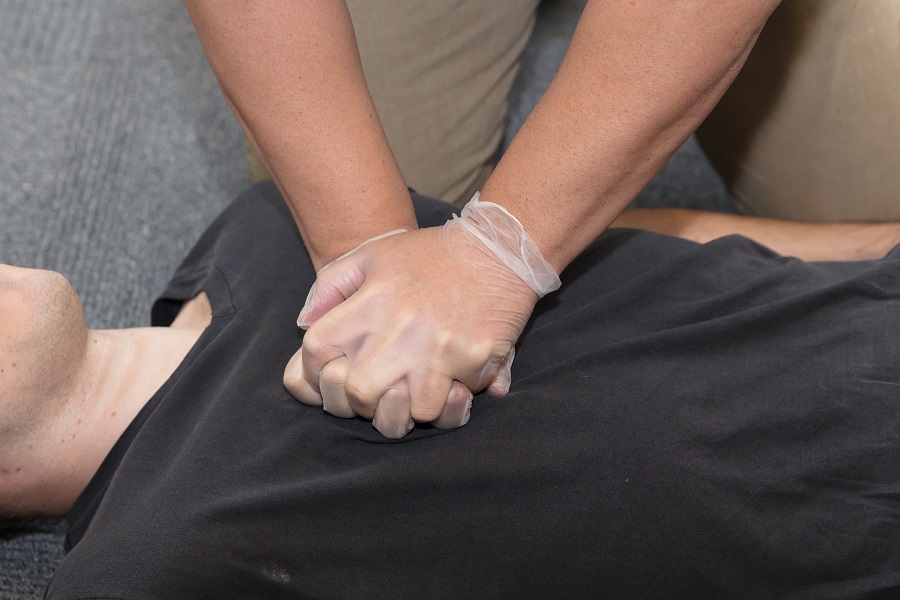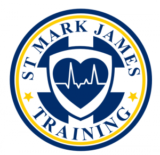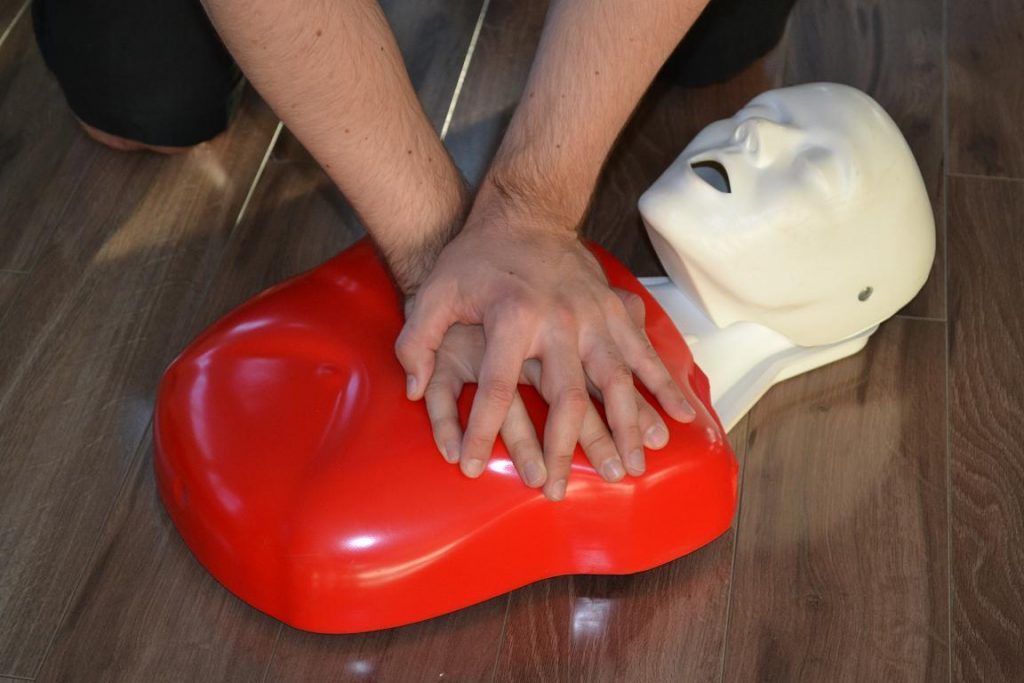A new Smartphone application called PulsePoint which aims to prevent missed lifesaving measures such as CPR and first aid by alerting users when a person is in cardiac arrest in public places. It teaches users or any CPR trained bystanders on what to do and shows a map and pinpointing the location of public defibrillators. It also teaches the proper way of performing CPR and a compression rate beat for users to follow.
Importance of CPR training
According the executive vice-president of Provincial Health Services, Linda Luipini, and this Smartphone application can turn any person from a bystander becoming a potential life saver. Even an untrained bystander providing CPR can increase the chance of a person to recover.
When a person experiences sudden cardiac arrest and an emergency call was made, bystanders trained in CPR with PulsePoint is alerted and immediately provide help to the victim. They provide CPR on the victim while first responders and paramedics are still on their way. This application will notify bystanders who are within walking distance of the victim at least 400-meter radius.

A man name Rob Macdonald, a cardiac arrest survivor helps launches this new application for any bystanders who are trained in CPR. Macdonald, 49 years old, a father of three children had a cardiac arrest inside a dressing room after a hockey game. His teammates immediately provided initial CPR or cardiopulmonary resuscitation. It is an emergency procedure that uses chest compression to imitate the beatings of a heart.
A player from the other team saw what happened and called his teammate, Bruce Moffat. He is a critical care flight paramedic and immediately helped providing CPR to Macdonald until paramedics arrived 13 minutes later. A possibility of brain damage can start within 3 minutes of cardiac arrest. According to Moffat, if he was not in the other dressing room, Macdonald would have passed away. You double or triple the chances of a person of surviving by just performing chest compressions to get oxygenated blood circulating in the body.
Luipini explains that this application does keep record of people who uses the alerts or responds to them. It only records incidents that happen in public places. Under the Good Samaritans Act, civilians are not held liable for any harm if they do step in to try to help.
Kristie, wife of Macdonald is forever grateful to Moffat for saving the life of her husband. We could never repay him. They only hope that they can pay it is by increasing the rate of people taking CPR and perform bystander CPR in the community.
In the fast years, paramedics provided CPR to 7,000 people with cardiac arrest and bystanders provided CPR to about 25 percent of these incidents.
For more information about this story, click here.
LEARN MORE
Learn how to help by enrolling in a first aid course and for more information, check out these sources:

